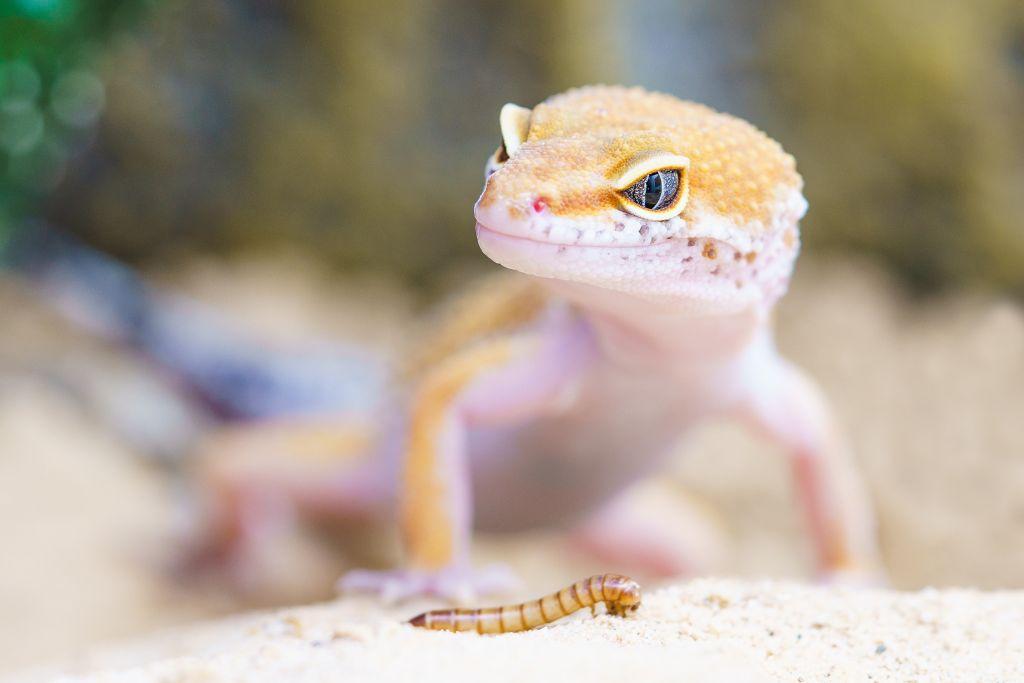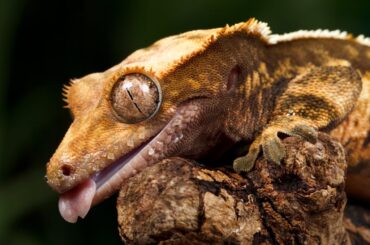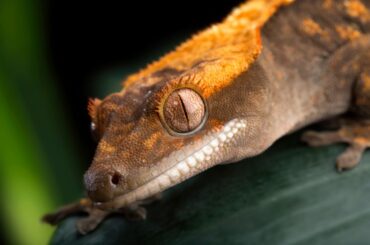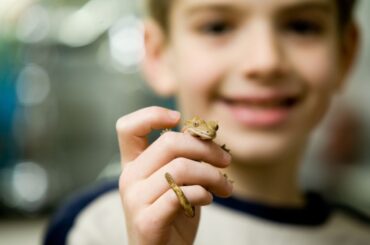Do you have a leopard gecko as a pet? Have you ever noticed something wrong with its health? What if your gecko is suffering from diarrhea? Leopard geckos are fascinating creatures that many people love to keep as pets. These colorful reptiles are beautiful, friendly, and easy to care for.
Taking care of your leopard gecko’s health is crucial. These little creatures can get sick like humans, and their well-being should be prioritized. One common health problem in leopard geckos is diarrhea.
In this article, we will explore what causes this issue, how to recognize the symptoms, and what you can do to treat it. Understanding these aspects will help you keep your pet happy and healthy!
What is Leopard Gecko Diarrhea?
Leopard gecko diarrhea is a problem that many pet owners face. It’s a common health issue that can make your pet feel uncomfortable. But what exactly is it?
Normal poop from a leopard gecko is firm and dark. Sometimes, you might even see a white part, just waste from their body. But when something’s wrong, the poop looks different. It might be runny or have a strange color. That’s when you know it’s diarrhea.
Understanding the difference between normal and abnormal stool helps you care for your pet better. If you see anything unusual, it’s time to take action and help your gecko feel better!
Common Causes of Diarrhea in Leopard Geckos
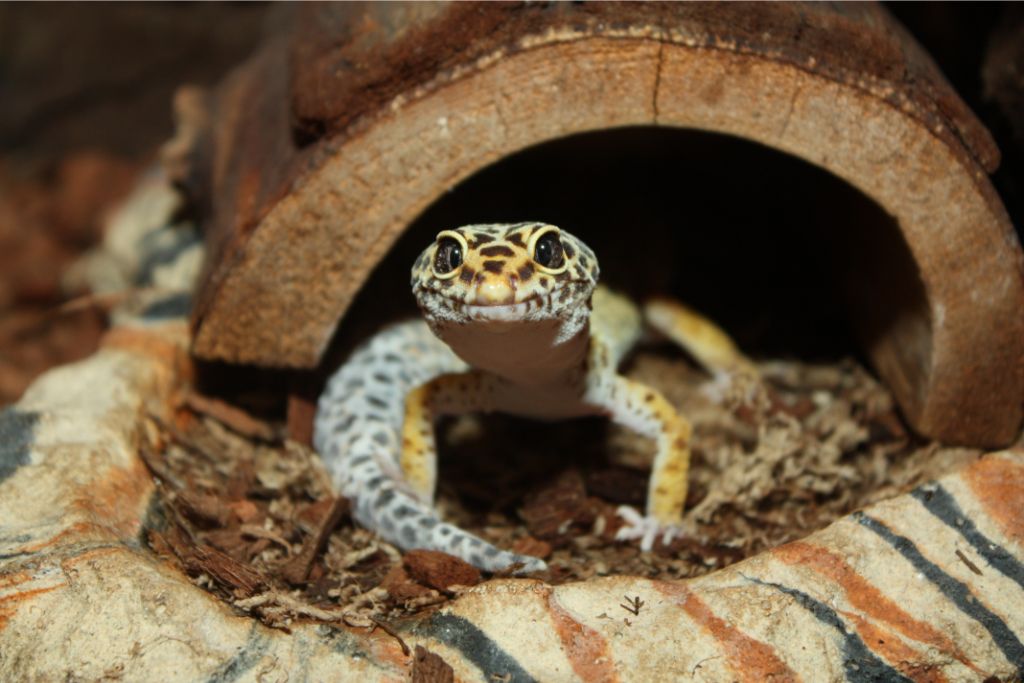
Diarrhea in leopard geckos can be a sign of several underlying problems. Knowing what causes this issue helps you take the proper steps to fix it. Let’s explore some common reasons why your gecko might be having diarrhea.
Inadequate Diet
Feeding your gecko the wrong food can lead to diarrhea. An improper diet that lacks the right vitamins and minerals can upset the stomach. Not giving them suitable insects or not dusting their food with the proper supplements can cause nutritional deficiencies. This lack of good nutrition can make their poop runny and lead to other health problems.
Parasitic Infections
Parasites living inside your gecko’s body can cause diarrhea, too. These tiny creatures can harm your pet’s digestive system. When parasites grow inside the gecko, they can make it hard for your pet to digest food properly. This leads to runny stool and can make your gecko feel very sick.
Stress and Environmental Factors
Stress can affect your gecko in many ways, including causing diarrhea. It can stress them out if their living space is too hot, cold, or not clean. A stressed gecko might not eat properly or might have trouble digesting food. Ensuring their home is just right and keeping them calm can prevent this problem.
Bacterial Infections
Bacteria can grow inside your gecko’s body and cause diarrhea. Sometimes, these bacteria get out of control and harm your pet. When there is too much harmful bacteria and not enough good bacteria, it can mess up your gecko’s digestive system.
Symptoms of Diarrhea in Leopard Geckos
When your leopard gecko has diarrhea, it’s not just their poop that changes. Their behavior might change, too. Here are some common signs that your gecko might be dealing with this problem:
- Changes in Stool Appearance: Normal gecko poop is firm and dark. Diarrhea is runny, soft, or a strange color.
- Changes in Stool Frequency: If your gecko is pooping more often than usual or not at all, it might be a sign of diarrhea.
- Changes in Behavior: A gecko with diarrhea might act differently. They might eat less, seem tired, or hide more than usual.
Diagnosing Leopard Gecko Diarrhea
Figuring out if your leopard gecko has diarrhea involves more than looking at their poop. A proper diagnosis requires careful steps and the help of a professional. Here’s how the process usually goes:
- Observe Your Gecko: Look for changes in stool and behavior, as mentioned earlier.
- Physical Examination: Check your gecko’s body for signs of illness or discomfort.
- Fecal Exam: A vet might take a sample of your gecko’s poop to look for parasites or bacteria.
- Consult a Reptile Veterinarian: Only a trained reptile vet can accurately diagnose the problem. They have the tools and knowledge to determine what’s wrong and how to fix it.
Leopard Gecko Diarrhea Treatment
Treating diarrhea in leopard geckos is about understanding the cause and taking the proper steps to make your pet feel better. From changing their diet to keeping their home clean, there are several things you can do. Let’s explore some common treatments:
Dietary Recommendations for Mild Diarrhea
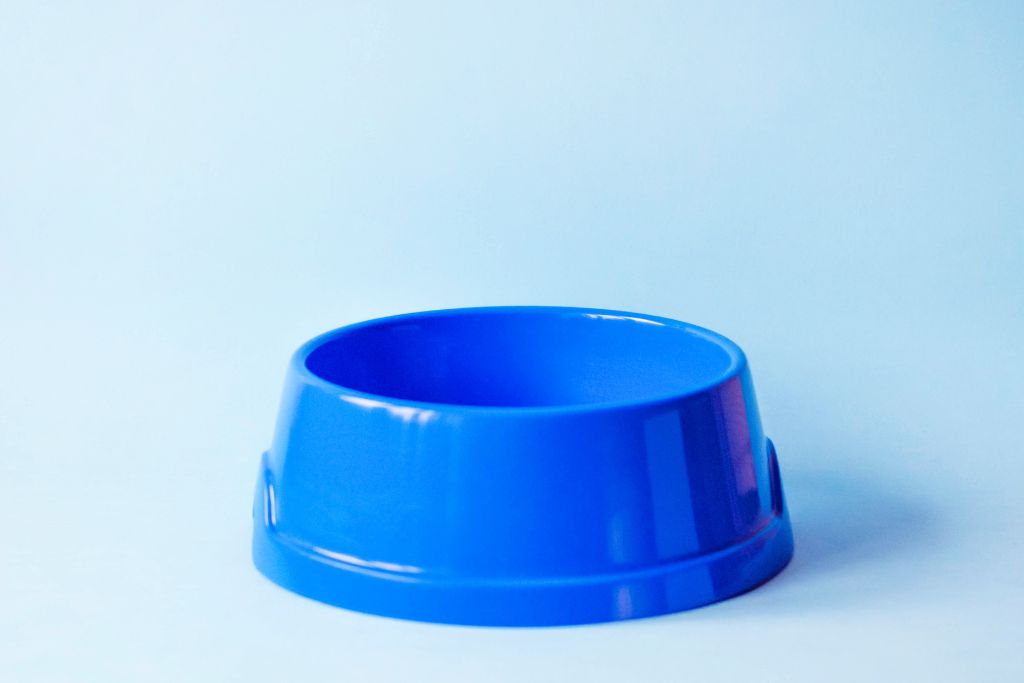
If your gecko has mild diarrhea, changing its diet may help. You should feed them softer insects, like waxworms, for a while. Avoiding hard-to-digest food and providing fresh water can make a big difference. Always follow your vet’s advice, as they know what’s best for your pet’s specific situation.
Probiotics and Supplements
Probiotics are good bacteria that help your gecko’s stomach work right. Giving them probiotics and the right supplements can promote gut health. These can balance the bacteria in their stomach and help stop diarrhea. Your vet can recommend the best products to use.
Medications for Parasitic or Bacterial Infections
If parasites or bacteria are causing the diarrhea, your gecko might need medicine. Special medications can kill the harmful creatures inside your pet’s body. Your vet will know what treatment to give and how much. Following their instructions carefully ensures that your gecko gets better.
Maintain a Clean and Stress-Free Environment
Keeping your gecko’s home clean and stress-free is essential. A dirty or uncomfortable home can make diarrhea worse. Regular cleaning, proper temperature, and the right amount of space can keep your gecko calm and healthy. Attention to these details helps your pet recover from diarrhea and stay happy in the long run!
Preventing Diarrhea in Leopard Geckos
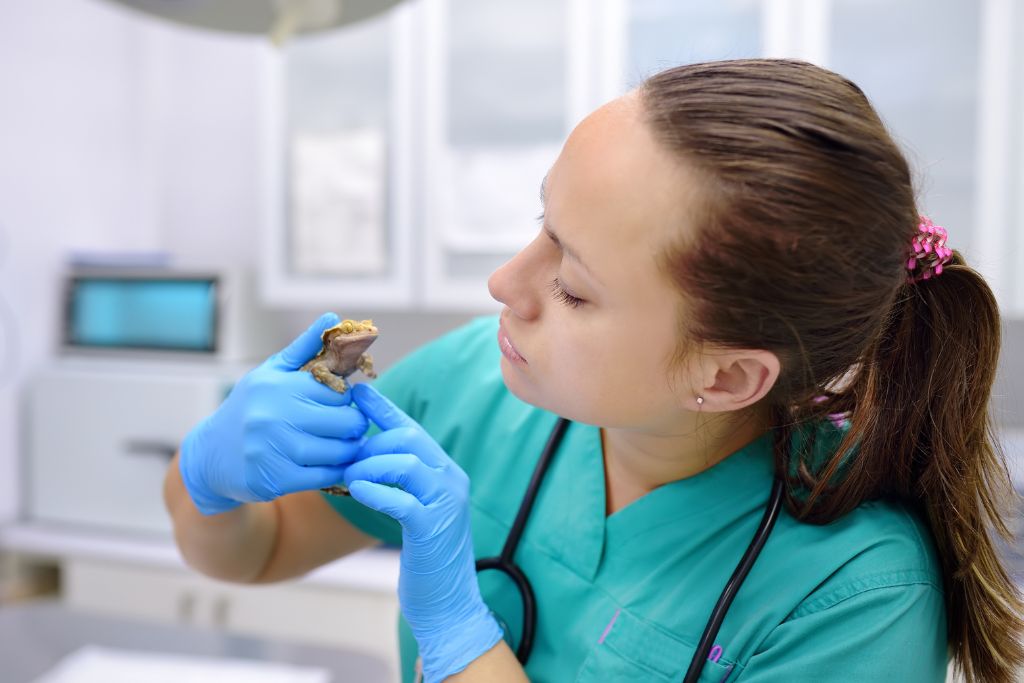
Preventing diarrhea in leopard geckos starts with taking good care of them every day. A well-balanced diet is vital. Feeding your gecko suitable insects and supplements gives them the necessary nutrients. It keeps their stomach happy and helps avoid problems, like diarrhea.
Proper enclosure conditions are just as important. You should keep your gecko’s home clean, maintain the right temperature, and provide everything they need to feel safe. You should also schedule regular veterinary checkups and preventative care. A vet can spot problems early and help you keep your pet healthy.
Conclusion
Owning a leopard gecko is a rewarding experience that comes with the responsibility of ensuring their well-being. From recognizing the signs of diarrhea to understanding its causes and treatments, being informed is critical to keeping your pet healthy.
Regular checkups with a specialized vet, a balanced diet, and a comfortable living environment are essential for care. Embrace the joy of caring for your leopard gecko, and take pride in providing them with a happy and thriving life. Your attentive care prevents health issues like diarrhea and fosters a strong and loving bond with your fascinating pet.
FAQs
Why Does My Leopard Gecko Have Diarrhea?
A poor diet, parasites, stress, or bacterial infections can cause diarrhea in leopard geckos. A visit to the vet can help find the exact cause.
What Does Unhealthy Gecko Poop Look Like?
Unhealthy gecko poop might be runny, soft, or a strange color. Normal poop is firm and dark. Anything different could indicate a problem.
How Do I Know if My Leopard Gecko Has Parasites?
Signs of parasites might include diarrhea, weight loss, or a behavior change. A vet can do a particular test on your gecko’s poop to know for sure.
What Should I Feed My Leopard Gecko to Prevent Diarrhea?
Feed your gecko a balanced diet of appropriate insects and supplements. Avoid overfeeding and consult your vet for specific dietary recommendations.
How Can I Make My Leopard Gecko’s Environment Stress-Free?
Provide a clean enclosure with proper heating, hiding spots, and roaming space. Monitor the temperature and humidity, and avoid sudden changes to keep your gecko comfortable.
What are the Signs That My Leopard Gecko is Stressed?
Signs of stress may include hiding more than usual, eating less, or acting more aggressively. Changes in skin color or frequent shedding might also indicate stress.
How Long Does It Take for a Leopard Gecko to Recover from Diarrhea?
Recovery time depends on the cause and treatment. Most geckos improve within a week or two with proper care and medication. Follow your vet’s instructions for the best results.
What Kind of Vet Should I See for My Leopard Gecko?
Look for a veterinarian who specializes in reptiles or exotic pets. They will have the expertise to diagnose and treat your leopard gecko’s specific needs properly.

